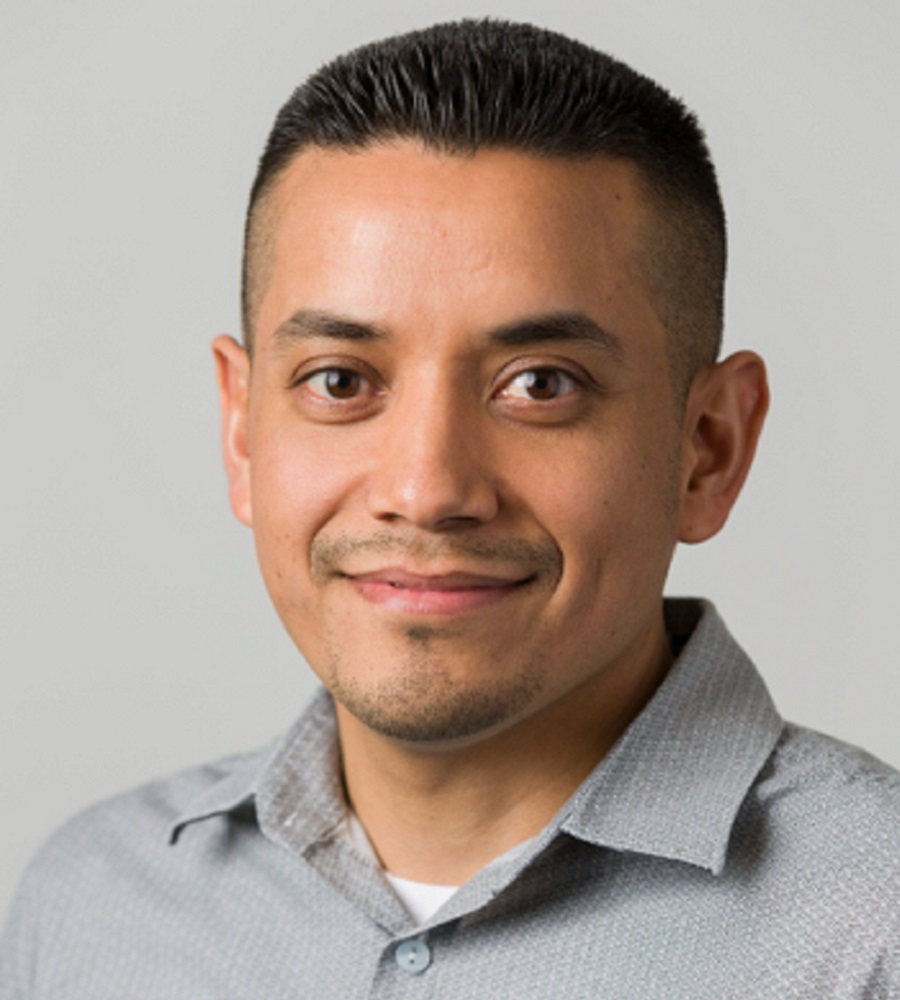Carlos A. Tristan, Ph.D., M.S.
Director
Division of Preclinical Innovation
Stem Cell Translation Laboratory
Contact Info

Biography
Carlos A. Tristan, Ph.D., M.S, is the director of the Stem Cell Translation Laboratory (SCTL) within NCATS’ Division of Preclinical Innovation. Tristan works on leveraging multi-omic technologies to develop and optimize human pluripotent stem cell (hPSC) culture maintenance and differentiation protocols to accelerate the translational application of hPSC-derived cells in disease modeling, regenerative therapy and drug discovery.
Tristan joined the SCTL in 2016, serving as a staff scientist and helping to establish chemical, robotic, high-throughput and multi-omic platforms to address current hurdles in the hPSC field. Prior to joining NCATS, Tristan conducted his postdoctoral work at the Radiation Oncology Branch of the National Cancer Institute’s Center for Cancer Research in Bethesda, Maryland, where he focused on understanding the molecular mechanisms of tumor-initiating cells in glioblastoma multiforme.
Tristan earned his Ph.D. in cellular and molecular medicine from the Johns Hopkins University School of Medicine, where he worked in the Department of Psychiatry and Behavioral Sciences under Akira Sawa, M.D., Ph.D., to uncover novel signaling mechanisms and crosstalk among cell stress-signaling cascades. Tristan earned his M.S. in biology and two Bachelor’s degrees in chemistry and biology from California State University in Fresno, California.
Research Topics
Tristan is interested in advancing the use of hPSC technologies in disease modeling, drug discovery, therapeutic development and clinical applications.
Selected Publications
-
A Versatile Polypharmacology Platform Promotes Cytoprotection and Viability of Human Pluripotent and Differentiated Cells
-
Robotic High-Throughput Biomanufacturing and Functional Differentiation of Human Pluripotent Stem Cells
-
Scalable Generation of Pseudo-Unipolar Sensory Neurons from Human Pluripotent Stem Cells
-
Directed Differentiation of Human Pluripotent Stem Cells into Radial Glia and Astrocytes Bypasses Neurogenesis
-
Human Pluripotent Stem Cells for High-Throughput Drug Screening and Characterization of Small Molecules


